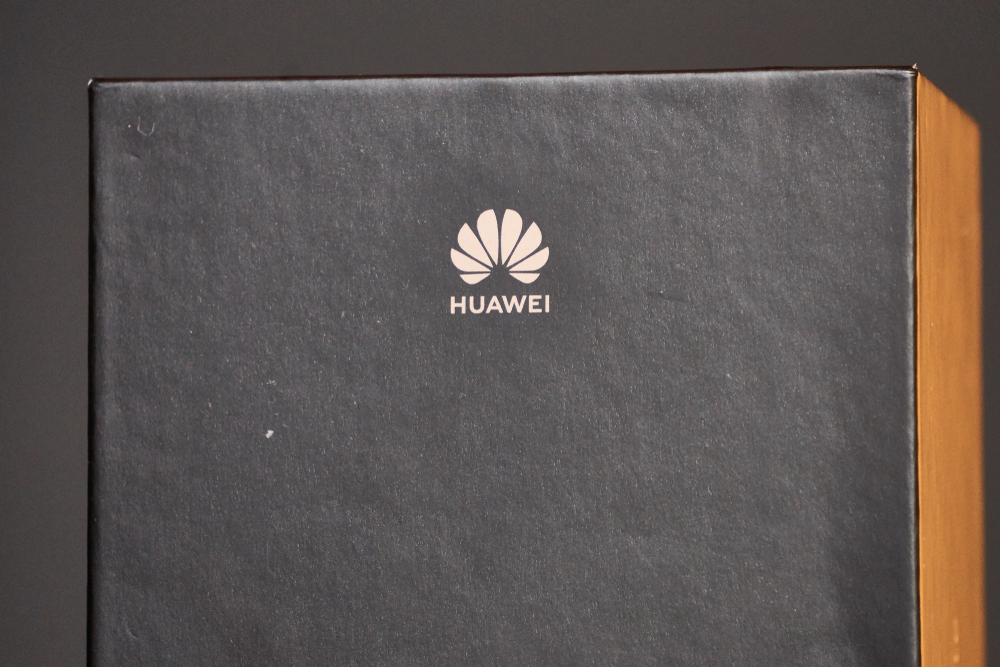The Institute of Electrical and Electronics Engineers (IEEE) has announced it would lift the restriction on Huawei-related scientists from its peer review and editorial processes, hours after ten China-based science associations published an open letter condemning the ban.
In a statement issued on Sunday evening (US time), IEEE said it had received clarification from the US Commerce Department and decided to reverse its decision.
“Based on this new information, employees of Huawei and its affiliates may participate as peer reviewers and editors in our publication process. All IEEE members, regardless of employer, can continue to participate in all of the activities of the IEEE,” the statement read.
Before IEEE’s U-turn, ten science associations in China publicly condemned the New York-based organization for “blasphemy” against academic independence, the spirit of science, and the values shared by the science community by politicizing academic exchanges.
“This ‘review-gate’ incident is serious discrimination against [Huawei-affiliated] scientists and [their] institutions. It is a serious retrogression in the development of academic exchanges and has become a crisis in the international academic, scientific, and technology communities,” the open letter read.
The strongly worded open letter was signed by major technical organizations, including the Chinese Institute of Electronics, the China Institute of Communications, the Chinese Association for Artificial Intelligence, and the Chinese Society of Biomedical Engineering. They also called on IEEE to “eliminate ill effects” of the Huawei ban.
IEEE, the world’s largest technical professional organization, said its initial decision, which triggered huge backlash in China, was “motivated solely by our desire to protect our volunteers and our members from legal risk.”
“We appreciate the many questions and comments from our members and volunteers around the world and thank them for their patience as we worked through a legally complex situation,” IEEE said in its statement.
China’s Ministry of Commerce announced last Friday its plan to introduce an “unreliable entity list,” which would include foreign entities, individuals, and companies in China that are deemed to be damaging to Chinese companies and might jeopardize China’s national security.
The “unreliable entity list” is widely considered a major retaliatory measure against the US Commerce Department’s decision to blacklist Huawei.
